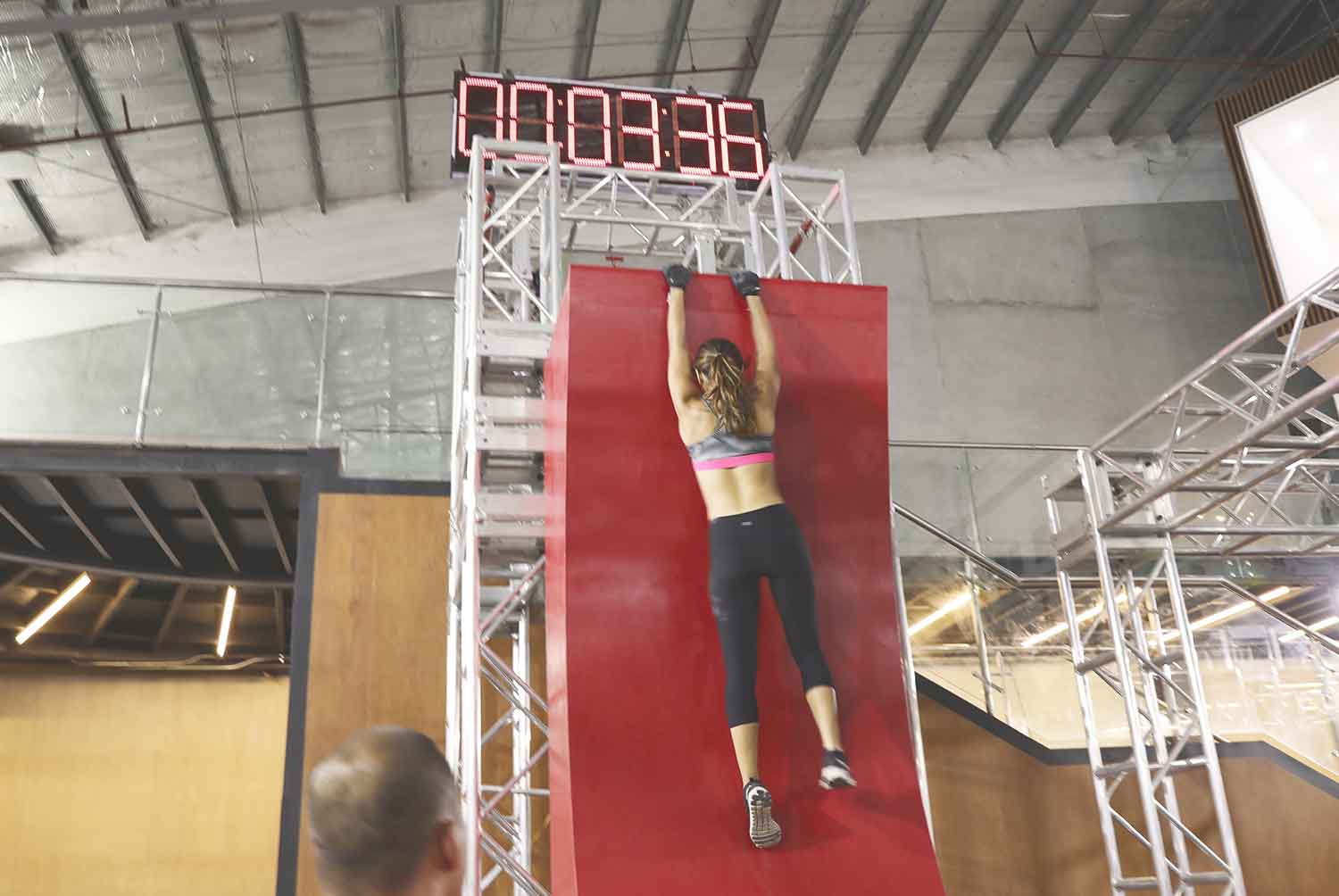Pretty much any hobby has its own set of terms that enthusiasts use to communicate their excitement with each other. The same is true for clubs, schools, and even regular groups of friends. Slang helps us relate to each other about specific things we enjoy and gives us that great feeling of being a part of something important. It’s how we “get” each other in ways that other people can’t, even when they technically speak the same language.
Sports have brought us plenty of words and expressions that have carried over into everyday life to refer to situations that don’t necessarily have to do with sports, like how the victory of hitting a “bullseye” at work doesn’t involve a set of darts or an arrow. Even though the meanings sometimes change, the origin of these expressions is firmly rooted in sports.
For example, a “hat trick” in soccer, football, or hockey is when one player scores three goals in a game. In baseball, a “can of corn” is an odd expression for a fly ball that is really easy to catch. The more generic term “unsung hero” refers to a player who makes a big contribution to the team but didn’t get any recognition for it. Experts have guessed that this one dates all the way back to Ancient Greece, when the poet Pindar dramatically praised some unappreciated athletes, saying, “Unsung, the noblest deed will die.”
The obstacle course racing lingo

With such a huge, friendly community, it’s no surprise that obstacle course racing slang has blossomed and is quickly going around. There’s no other sport quite like OCR, so it’s only natural that OCR buffs would feel the need to come up with terms for the joys - and of course, the pains - that you go through before, during, and after the big event.
Gear and gimmicks
“Mud duds” comes from mud run enthusiasts who love to get down and dirty. Your mud duds are anything that you and your teammates have customized that you plan to wear when you run the race. They could be shirts, shorts, bandanas, wrist bands, head bands, or maybe even socks, if you’re really committed to sweating it out in style. Matching outfits won’t guarantee you an edge in the race, but you’ll definitely look great trying.
It’s best not to get too attached to your mud duds, though. Take a lot of pictures before you all get into the action, because they’re sure to get drenched with the “freshwater 15.” This is a play on the “freshman 15” - that is, the 15 pounds that college freshmen may gain as they snack and stress their way through their first year at a university. In this case, though, it’s not body fat. It’s a whole lot of water and a little bit of sweat that weighs down your clothes after you make it through that first water obstacle.
You can only expect your clothes to get heavier, but don’t worry about it too much. That’s what you did all of your cardio and endurance training for. The only thing that adds more weight than water is mud. But if you can maneuver it right, you can use the slippery surface to your advantage. When it’s time to dodge the electrical wires, do the “electric slide” and wiggle your way through the mud until you reach the other side.
The experience

OCR takes a lot out of you, and when it feels like you can’t take any more, you might have just “bonked.” The dreaded bonk is more than just exhaustion. Many OCR enthusiasts who have experienced it described it as “feeling like you are going to die.” When you bonk, your body’s supply of glucose and glycogen, which you need to produce energy, get uncomfortably low. This has an effect on your brain which makes your whole body slow down; this marks the beginning of the bonk. It sounds scary, but your body actually does this to protect you from injuring yourself. It’s shutting down and going into survival mode.
Assuming you’ve made it all the way to the end of the obstacle race, you’ll have to brace yourself for the “aftershock.” The aftershock is the feeling you get when you get in the shower after an OCR event and rinse off all the dirt, mud, sweat, and other filth you’ve accumulated. It’s not the relief of being clean, though. It’s the pain you feel when you suddenly become aware of all of the little cuts and scrapes that you collected while you were roughing it out. Making contact with water and soap cleans them out and prevents them from getting infected - but it also makes them hurt anew. Some OCR fans prefer the term “sting operation” instead of “aftershock,” but the jolt it gives you is the same no matter what you call it.
Once in a while, you’ll sign up for a race that includes a fire obstacle. These are obstacles that you don’t want to mess around on. Put all of your focus into getting through it as quickly as possible to avoid getting burned. If you make it over a fire hazard in one long, glorious leap, then congratulations! You were “kicking ash.” It’s a playful name for a move that will save you a lot of pain and help you get to the next obstacle in relatively good shape.
After the main event comes “official debriefing.” This is not a formal meeting of any kind. It’s just what OCR lovers call it when everyone greets each other in the parking lot as they take off their dirty clothes and tell stories about the race they just ran - their favorite parts, the most challenging obstacles, and whichever moments stuck out for them and made the experience special.
You’ll meet a whole lot of different people in your OCR adventures, but even if you all come from various walks of life, a shared love for the game is something that’s easy to bond over. Knowing the lingo is a big help with this, but don’t worry if you aren’t too familiar with all of the expressions. As you have more conversations with like minds, you’ll be able to quickly pick them up and start using them like an old pro.
